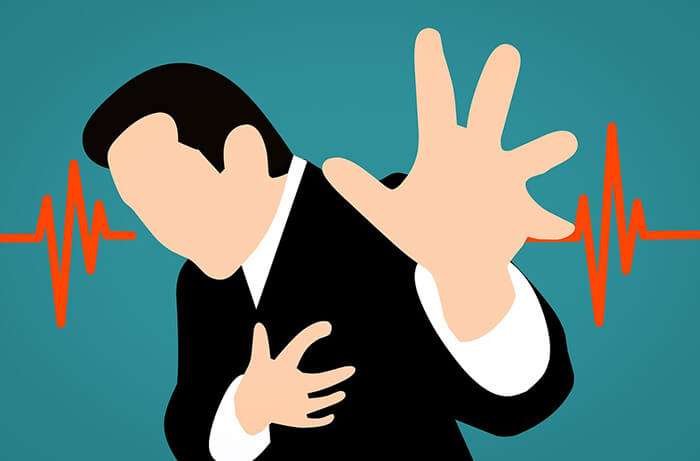


With changing lifestyles, less exercise and more stress and unhealthy diets, incidences of heart attacks are on the rise. Heart attacks are considered as medical emergencies that require timely action to prevent loss of life as well as damage to the heart. For this reason, it becomes imperative that the common man is well-versed on recognizing the symptoms of heart attacks and know what to do if such a life-threatening contingency arises.
It may be difficult to recognize the symptoms of heart attack sometimes as they vary from person to person. Not all heart attacks manifest as sudden crushing chest pain as seen in the movies. Some people might not even have any chest pain – just some persisting indigestion and neck or jaw pain that won’t go away. Heart attack symptoms can arise slowly while at rest or during activity and are dependent on gender, age and underlying medical conditions.
However, chest discomfort, pain or feelings of pressure, fullness or squeezing that last for a few minutes and come and go are definitely to be acted upon. In some cases, especially in woman, the pain may radiate to other parts of the body including shoulders, back, one or both arms, upper abdomen, neck, jaw or even the teeth! There is also shortness of breath of unknown aetiology.
Other symptoms that usually manifest during heart attacks include cold sweats, nausea, vomiting, fatigue, light-headedness, anxiety, etc.
Getting treatment immediately with clot-dissolving medications that open up the arteries can stop the heart attack and save a life. Most deaths occur because it took over an hour to commence treatment.
The first step is not to get panicked, but dial a local emergency number and ensure there is an emergency ambulance on the way. Though you might want to drive the patient to the hospital yourself, remember that the ambulance staff are fully trained professionals who can start off emergency treatment immediately even before reaching the hospital.
Ask the patient to chew a junior aspirin tablet or crush the tablet and give the patient. But avoid in case of allergies.
Make the patient comfortable and in a resting position.
If the patient is unconscious, begin CPR and do chest compressions (about 100/minute).
Most people end up delaying treatment as they aren’t sure it’s a heart attack and don’t want to bother people. It’s always better to be safe than sorry and act on the symptoms.